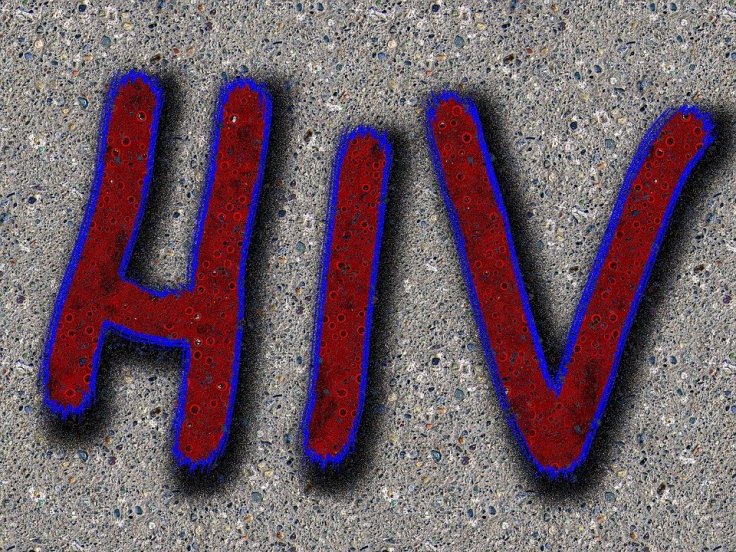While the COVID-19 pandemic has taken the front seat in 2020, it is important not to forget another pandemic that continued to exist for decades— HIV (human immunodeficiency virus) infections. HIV infections that are left untreated are often associated with epigenetic changes (observable physical changes) that suggest the rapid aging of cells. A new study has found that antiretroviral therapy (ART) which is used to treat the infection cannot reverse this premature aging.
According to researchers from the University of California, Los Angeles (UCLA), it was found that in patients who received ART for two years, restoration of age-appropriate epigenetic patterns was not possible entirely. This leaves sufferers of HIV with increased susceptibility to aging-related illnesses. "Our findings support the need for future studies examining for a link between epigenetic age acceleration and clinical outcomes in HIV-1-infected individuals," the authors wrote.
Aging Caused By HIV

HIVs are retroviruses that attack and infect cells that are associated with the immunity system and protect the body from infections. Over a period of time, it can lead to acquired immunodeficiency syndrome (AIDS), where the immune system of the body becomes fragile and incapable of defending the body, thereby, leaving it vulnerable to other infections and diseases.
According to the WHO, as of 2019, around 38 million people are living with HIV/AIDS worldwide, and nearly 690,000 people died of HIV-related causes in 2019 alone. So far, about 33 million people in total have succumbed to the infection. It can people of any age and spreads through contact with body fluids of an infected person, through sexual contact, or through other routes such as blood transfusion or from mother to fetus.
While new therapies such as ART have improved the life spans of those infected with the disease, there is significant clinical characteristics that are commonly associated with aging are observed in them. Some of these include more than one chronic condition or diseases, the need for multiple medications, and a noticeable decline in cognitive and physical abilities. Age-related methylation (addition of methyl groups to the DNA of cells) patterns are accelerated in the peripheral brain and blood of infected individuals.
Analyzing DNA

For the study, the authors obtained DNA from 15 HIV+ individuals at three points in time: 6 to 12 months before the commencement of antiretroviral therapy; 6 to 12 months after the beginning of ART; and 8 to 24 months following the initiation of therapy. The scientists compared these DNAs with those extracted from 15 age-matched individuals who were not infected with HIV.
It is important to note that the current research is the first longitudinal study to examine the bearing of the HIV-infection, against treatment, on the expedition aging epigenetics—external factors that have an effect on the functioning of genes—in this particular population of adults.
No Complete Restoration of Aging
The authors found that epigenetic age acceleration linked with HIV was significantly high before the commencement of ART. After the initiation of ART, a partial decrease in age acceleration was noticed. Therefore, the results imply that modified epigenetics could help illustrate why adults who have been successfully treated for the infection are still at a higher risk of developing several diseases that are usually linked to aging.
However, the researchers admit to some limitations in the study. The first being the small size of the study sample. Another limitation is the inability of the researchers to factor in other aspects that could have impacted the results. And finally, the need for a larger study to identify more minute epigenetic changes caused by ART.









